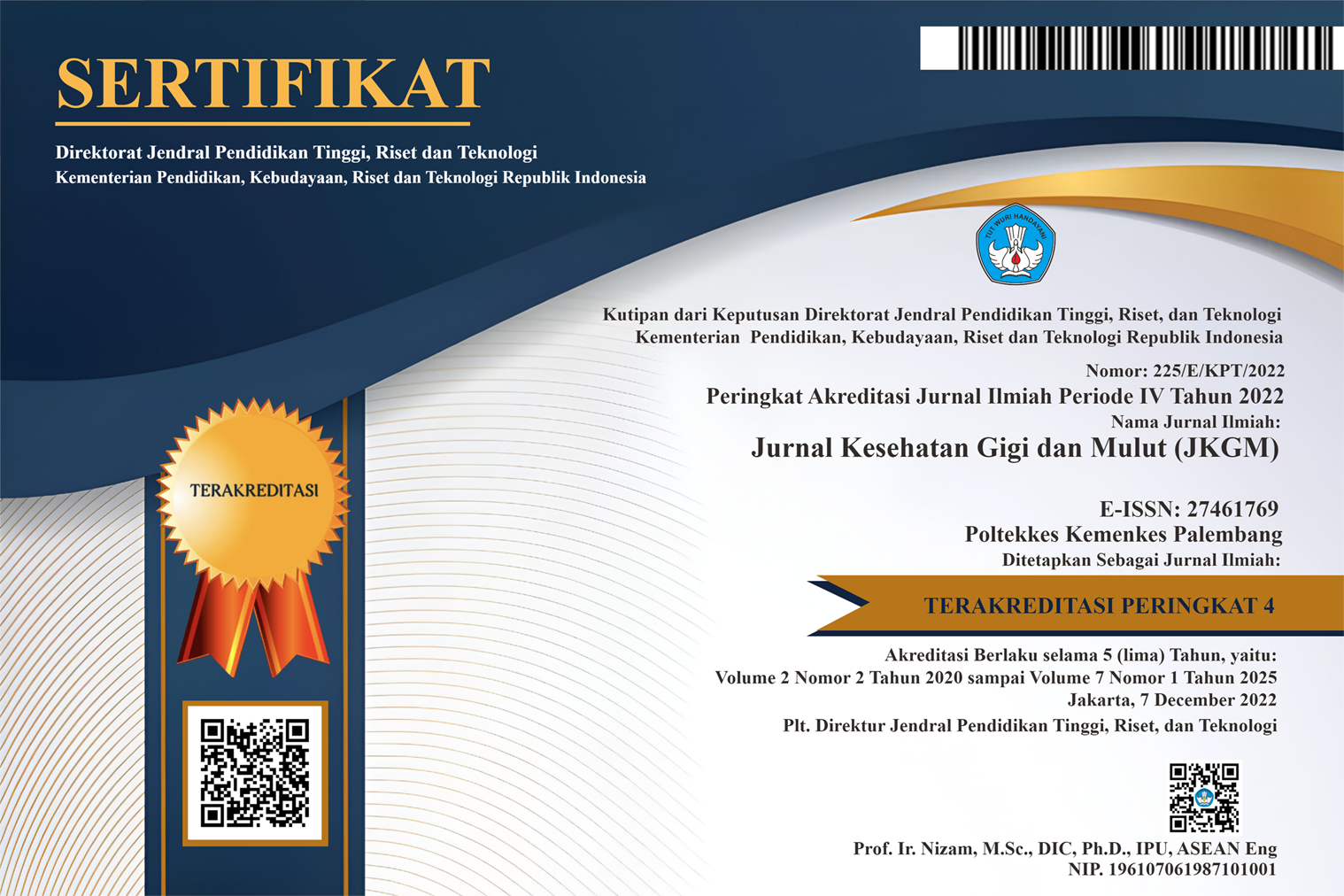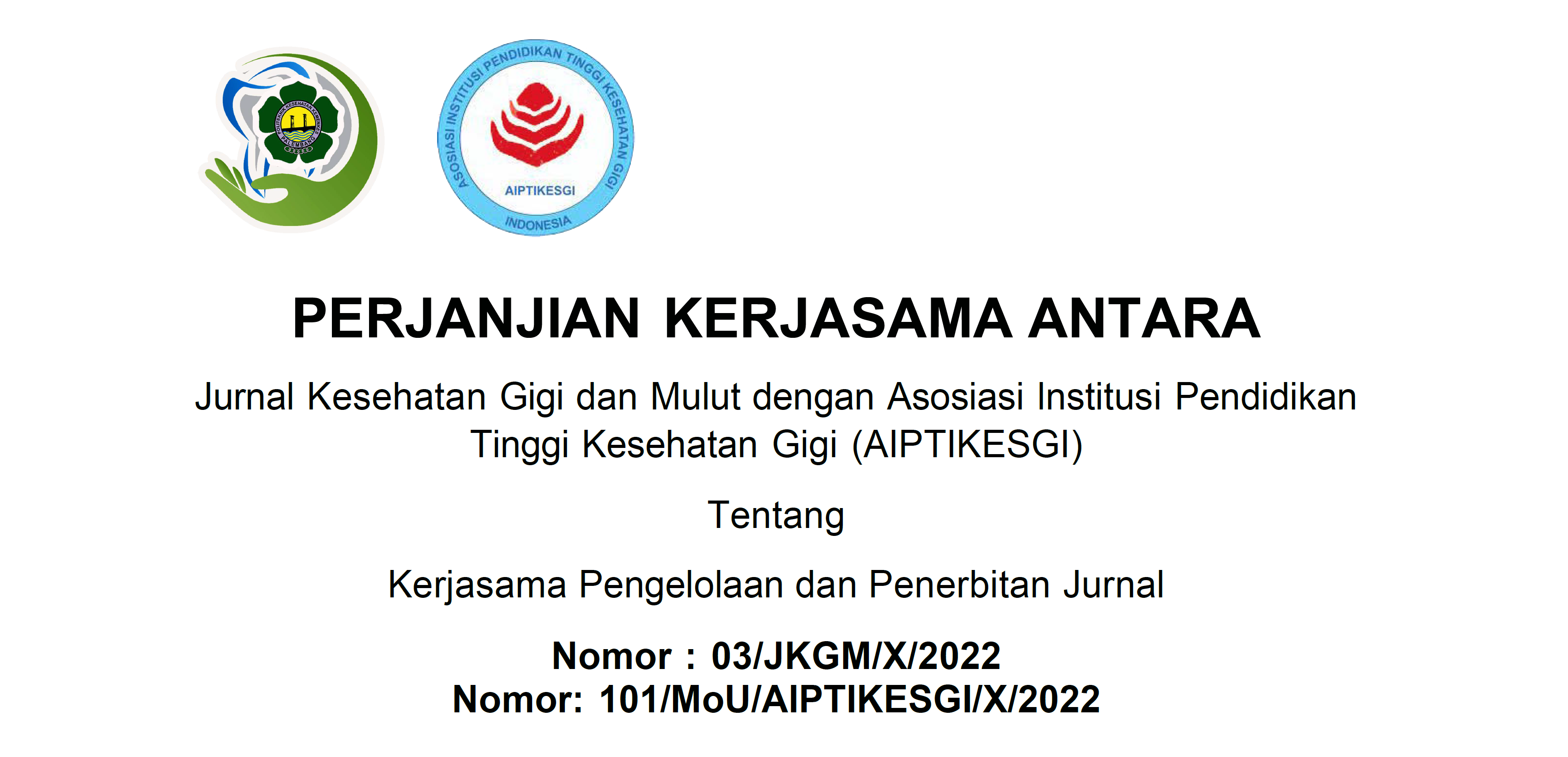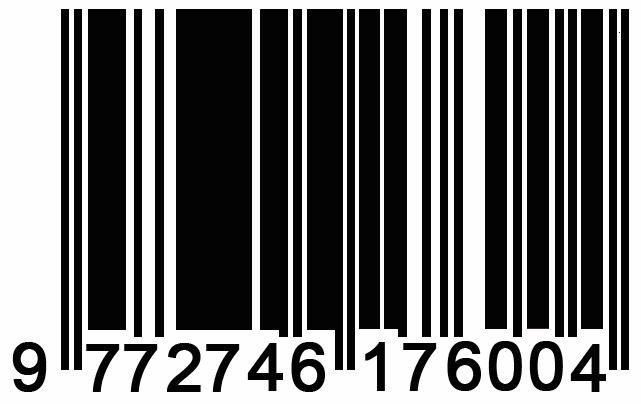PERANAN MAKROFAG DALAM PENYEMBUHAN LUKA ORAL
Abstract
ABSTRAK
Penyembuhan luka merupakan proses penting yang bertujuan untuk mengembalikan integritas jaringan setelah cedera. Penyembuhan luka merupakan proses dinamis dan rumit yang dapat dipisahkan menjadi empat fase yang saling tumpang tindih seperti hemostasis, inflamasi, proliferasi, dan remodeling. Fase inflamasi bertujuan untuk mencegah terjadinya infeksi luka dan menghilangkan jaringan nekrotik. Inflamasi yang berlebihan dapat menyebabkan luka kronis menetap karena menghalangi luka untuk melanjutkan ke fase berikutnya. Makrofag berperan penting dalam fase peradangan seperti fagositosis, membunuh patogen, dan membuang sel-sel mati.
KATA KUNCI : Inflamasi, Makrofag, Oral, Penyembuhan luka
ABSTRACT
Wound healing is an essential process that aims to restore tissue integrity after injury. Wound healing is a dynamic and complicated process that can be separated into four overlapping phases such as hemostasis, inflammation, proliferation, and remodeling. Inflammation phase is critical that aims to prevent wound infection and remove necrotic tissue. However, excessive inflammation can lead to the persistence of chronic wound because it preventing the wound from proceeding to next phases. Macrophages play important role in inflammation phase such as phagocytosis, killing pathogen, and remove dead cells.
KEYWORD : Inflammation, Macrophage, Oral, Wound healing
Copyright (c) 2024 Jurnal Kesehatan Gigi dan Mulut (JKGM)

This work is licensed under a Creative Commons Attribution-ShareAlike 4.0 International License.
Authors who publish with this journal agree to the following terms:
- Authors retain copyright and grant the journal right of first publication with the work simultaneously licensed under a Creative Commons Attribution License that allows others to share the work with an acknowledgement of the work's authorship and initial publication in this journal.
- Authors are able to enter into separate, additional contractual arrangements for the non-exclusive distribution of the journal's published version of the work (e.g., post it to an institutional repository or publish it in a book), with an acknowledgement of its initial publication in this journal.
- Authors are permitted and encouraged to post their work online (e.g., in institutional repositories or on their website) prior to and during the submission process, as it can lead to productive exchanges, as well as earlier and greater citation of published work















